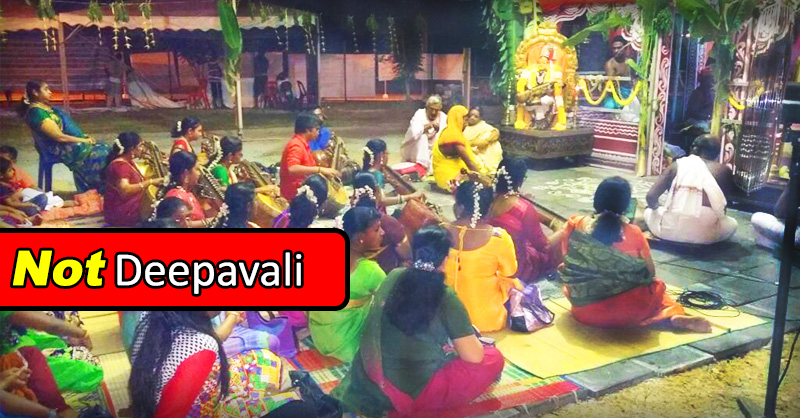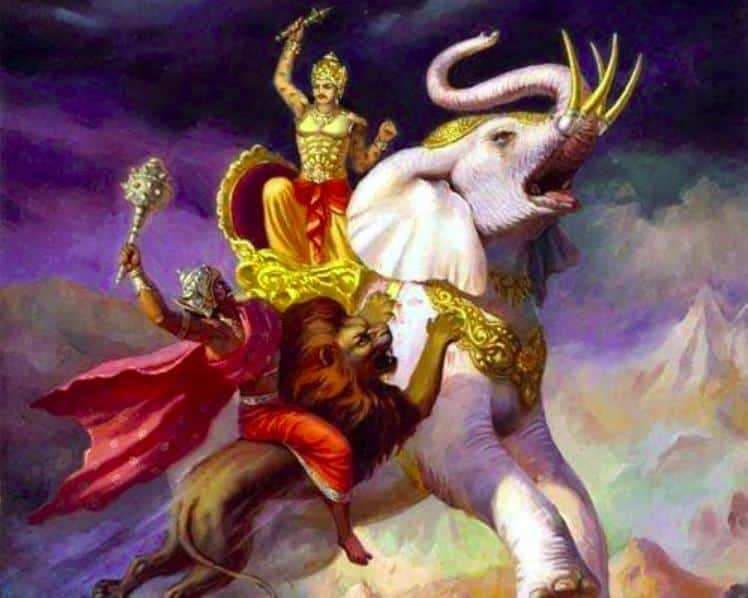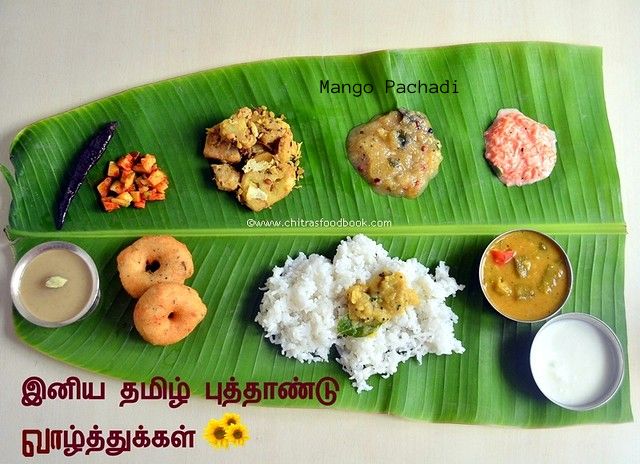The major Indian celebration that has no public holiday in Malaysia

- 541Shares
- Facebook517
- Twitter4
- LinkedIn3
- Email3
- WhatsApp14
As Malaysians, we are familiar with Hari Raya Aidilfitri and Chinese New Year. What do the Tamils celebrate then? Deepavali and Thaipusam are the most common Indian festivals, but did you know that the Tamil community also celebrates a new year to mark the beginning of a new calendar year?
Tamil New Year is celebrated on the first day of the Tamil month Chithirai, which usually falls on April 14. The day has cultural significance and is celebrated with traditions and historic customs because it is based on the solar cycle of the lunisolar Hindu calendar. This auspicious day also signifies the arrival of Spring. It’s worth noting that Puthandu always falls on the same day.

Why Do The Tamils Celebrate New Year On 14th April?
Tamil New Year, also known as Puthandu or Varsha Pirapu has long held significance for Tamils worldwide. Puthandu means new year. Whereas Varsha Pirapu translates to the birth of a new year According to the Tamil calendar, the sun’s placement determines the time and month of the year. Based on the calculations of the community’s forefathers, the new year occurs when the sun is directly above the equator, also known as the equinox.
But that isn’t all. Did you know, that mythically it is believed that on this day, Lord Indra is said to have visited Earth? He defied gravity as he rode into the land of men in his white chariot. During his visit, he bathed in Kiri Saurya, which translates to milk. The Tamil community also believes that on this day, Lord Brahma began the world’s creation. As a result, the day has cultural and religious significance for everyone and must be observed as an ode to the gods.

This is why, on the Tamil New Year, people go out of their way to dress up and practice traditional customs, such as greeting each other with the phrase ‘Puthandu Vaazhthukal’. People also believe that the blessings of the elders are necessary for success, so the elders play an important role in the Tamil New Year celebrations.
Rituals Carried Out During Tamil New Year
The day’s festivities begin with the creation of kolams, which are designs made of colored rice flour and placed at the entrance of the house. It is also accompanied by a Kuthuvillaku (oil lamp) placed in the center of the kolam to usher in the New Year with positive energy and to ward off evil. Flowers and garlands are used to decorate the house, and gifts are exchanged between family and friends. Families prepare New Year-style dishes such as Pongal and mango pachadi. The mango pachadi holds special meaning because it represents and reflects the flavors of life. The jaggery represents sweetness, the tamarind represents expectations, and the neem flower represents sorrow.

Some people sing devotional songs to welcome prosperity and happiness into their homes. Whereas some of them may start their day by going to the temple. Later in the day, people dress up in their best traditional attire and enjoy the lip-smacking Puthandu-special spread with their loved ones.
Also on this day, they take bath in special water called Maranthu Neer which is literarily translated as medicated water. This water is collected from the temple nearby one’s home on the eve of Tamil New Year. The water is typically made from herbs and flowers, and the family takes a head bath with it before sunrise.
Now that you know the Tamil community celebrates Tamil New Year on 14th April, surprise them by wishing them “Puthaandu Nal Vaazhthukal”, which translates to Wishing You A Happy New Year.
Fun Fact: The day is celebrated in other parts of India as well. It is known as Vishu in Kerala, Baisakhi in central and northern India, Pohela Sankranti in Odisha, and Bihu in Assam.
If you do celebrate Tamil New Year, do let us know how do ya’ll celebrate in your family.
- 541Shares
- Facebook517
- Twitter4
- LinkedIn3
- Email3
- WhatsApp14
